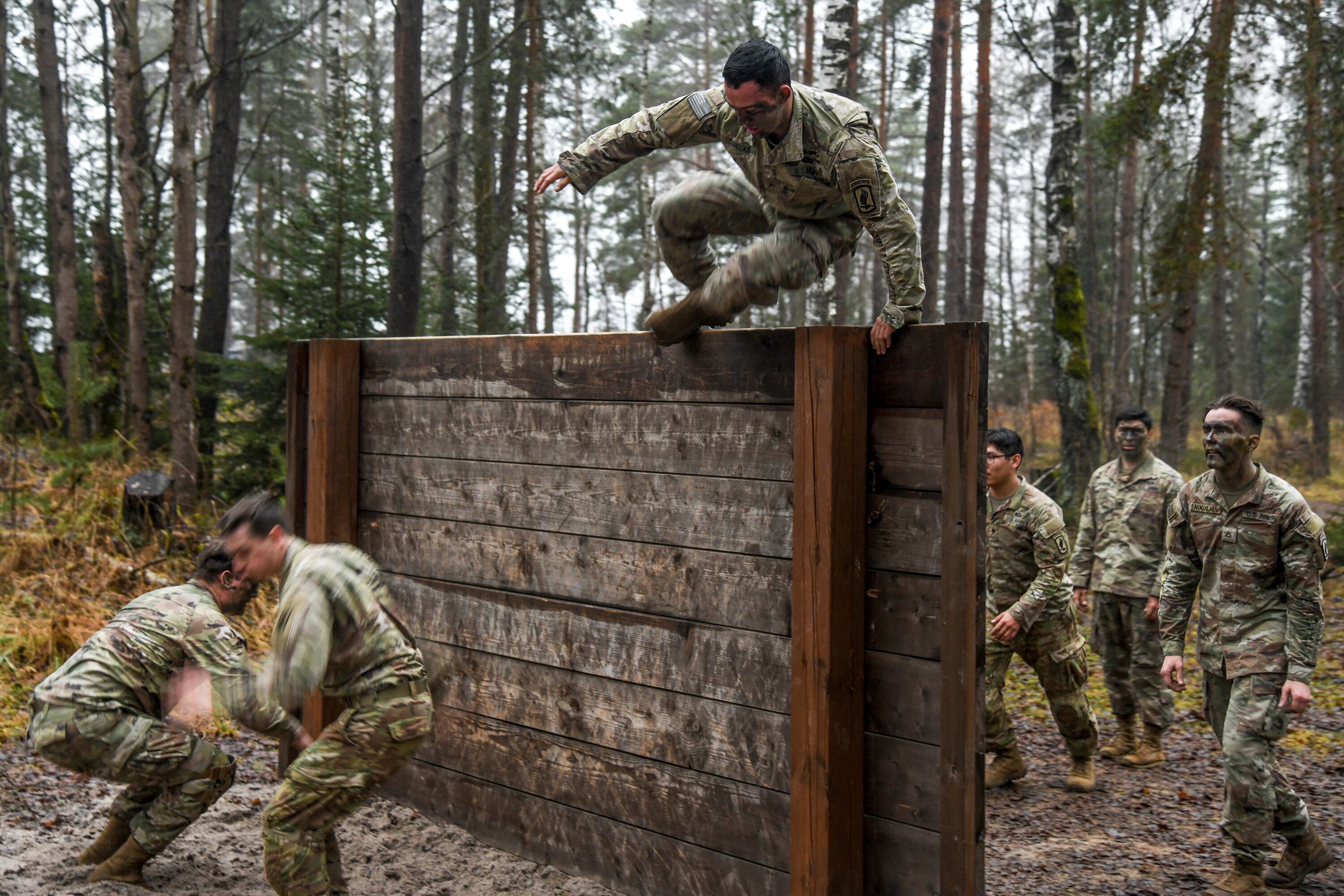After a two-year pilot program, the Army has institutionalized its cohesion assessment teams, a culture and climate assessment program aimed to arm brigade and battalion commanders with the information they need to solve tricky problems in their ranks.
The CATs, as their Army People First Task Force founders call them, consist of about 20 experts who spend roughly 10 days on the ground assessing brigades from the top down to the platoon level through focus groups and interviews. Army Times interviewed the current CAT director, Col. Lisa Teegarden and their former lead, Col. Jennifer McDonough.
Each CAT assessment looks at an individual brigade, honing in on the headquarters and selecting two of its battalions for deeper assessment, Teegarden said.
Teegarden, who fit the interview into a busy morning in Alaska, where the CAT was conducting an assessment, explained that the teams use a pre-visit survey and their time on the ground to develop an understanding of the factors that make up a unit’s climate — leadership, processes, awards programs, training tempo, culture, structure and more.
The subject matter experts, which include lawyers, SHARP professionals, behavioral health and other categories, conduct one-on-one interviews with key personnel across the units. The focus groups are divided by rank ranges and gender, and the one-on-one interviews go all the way to the lowest level.
Both colonels emphasized the differences between the CAT assessments and existing tools for assessing unit climate, like the mandatory Defense Organizational Climate Survey.
“We’re not asking questions about compliance,” said Teegarden. “We’re saying, ‘What’s it like for you in this unit? What’s going on? What do you look forward to? What’s going well? What do you wish you had more of?’ We’re not only solely focused on the negative or asking them to provide any valuation about their peers or their supervisors.”
McDonough, who is now the People First Task Force’s chief of staff, described the project as “additive” to existing measures like the climate surveys.
The key distinction, said Teegarden, is that the CAT works with commanders to address the root causes of problems it identifies.
“[Traditional climate surveys] get back to a commander, they look at it, and they have no idea where to intervene to change those metrics...there’s no context to [the underlying factors],” Teegarden said. “[Now], we take [CAT] survey results, marry them up with the context of the environment and what we’re seeing and hearing on the ground, and then provide that back to the commanders.”
The CAT then presents leaders with “what actions they can take that have the highest impact...and help them identify where those opportunities are within their unit,” explained the program director.
The team’s feedback also analyzes which changes could have the highest impact for the least effort from commanders — giving them the most bang for their buck.
“We’re really targeted at the battalion and brigade commanders,” said Teegarden. “There’s more things to do — more problems to solve — than daylight allows, and everybody’s limited on resources.”
As part of making the CATs permanent, Army Training and Doctrine Command will take over their implementation on Jan. 1, said McDonough. TRADOC officials involved in the process attended the recent assessment in Alaska.
It’s not clear yet how they will be manned in their permanent form, she said. Currently, the CAT pulls its bench of subject matter experts — lawyers, counselors, structure analysts and more — from other units on an as-needed basis rather than having them permanently assigned to the CAT.
At least one brigade will be happy to see the CAT next year, whatever their final form may be. McDonough is slated to take brigade command.
“I will take brigade command next summer, and I hope to have the opportunity to have the [CAT] come to my brigade,” she said.
Davis Winkie covers the Army for Military Times. He studied history at Vanderbilt and UNC-Chapel Hill, and served five years in the Army Guard. His investigations earned the Society of Professional Journalists' 2023 Sunshine Award and consecutive Military Reporters and Editors honors, among others. Davis was also a 2022 Livingston Awards finalist.





